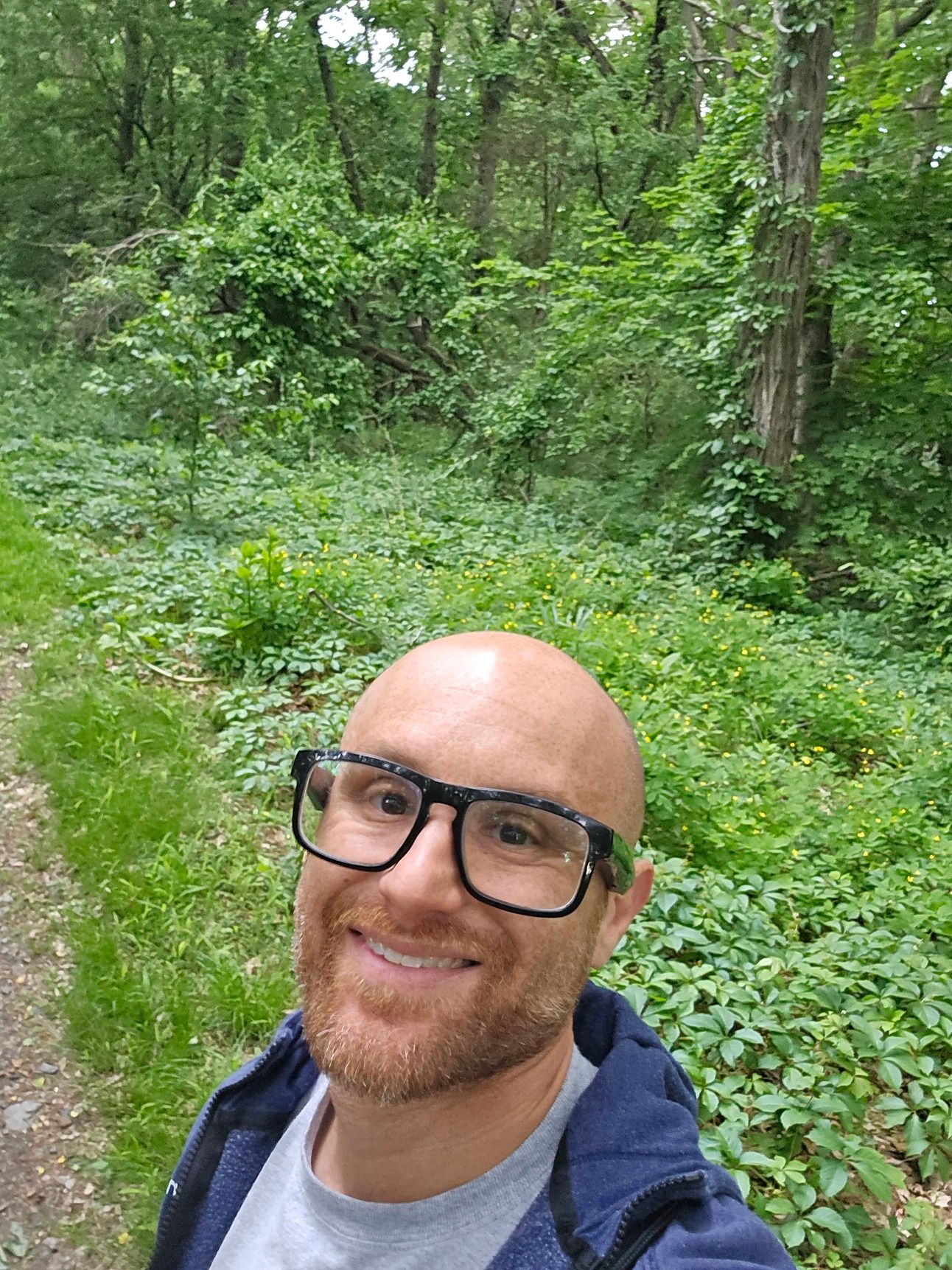
I had a fairly exhausting weekend, filled with lots of driving, but at least during those long drives I was able to listen to talks and books for my #AcademicRunPlaylist!
First was an intriguing talk by Robert Bushman on using bank regulator evaluations of managers to predict CEO turnover at Mohamed Elsalkh's research seminar. I had been unaware of the CAMELS rating system, and I'd love for organizational scholars to dig into this more https://www.youtube.com/watch?v=0H7NrkePUW8
Next was "Algorithms of Oppression" by Safiya Noble. This book is already a classic in the technology ethics literature, and despite the fading of search engine bias from the public consciousness the lessons Noble draws out unfortunately remain widely applicable. The appeal to black box algorithms as a neutral arbiter of authority has only increased since this book's publication, and Noble vividly demonstrates how many factors - from the biases of developers, to the inherently subjective and normative nature of quality metrics and interface design, to the data used to train the algorithms - can bring algorithmic outputs to a very dark, racist place. The implications of that are also examined, with the amplification, scaling up, and ossification of current biases being a huge concern. Highly recommend https://nyupress.org/9781479837243/algorithms-of-oppression/
Next was "A Silent Fire" by Shilpa Ravella. Ravella deeply explores the process of inflammation, taking a historical approach to reveal how the process unfolds within us and continuing to the causes and implications of that process. This book works through different bodily processes that are impacted by inflammation, including some unexpected ones such as cancer and neurodegeneration, and through it all Ravella includes many citations to add much more rigor than is typical of books in this genre. Overall this book gives one a much better understanding of the immune system, bodily function, and our attempts at harnessing/taming them through behavior and medicine. Highly recommend https://wwnorton.com/books/9780393541908
Next was "Genentech" by Sally Smith Hughes. The history of Genentech, at the bleeding edge of the confluence of venture capital and medicine, is briefly mentioned in other books, but here Hughes closely follows the lead up to the establishment of the firm, its genesis, and its explosive early growth. This combines for possibly the best book I've ever read on deep tech entrepreneurship, with the inherent randomness of success, the tension between scientists and business-types, the challenges of early technology regulation, and the issues with IP law. Highly recommend https://press.uchicago.edu/ucp/books/book/chicago/G/bo8169877.html
Last was "Human Errors" by Nathan H. Lents. This book shines in the sections on the physical aspects of humans, revealing how the inherent nature of evolution drove incremental optimization into our current form that leaves a lot to be desired. This is made most clear when drawing parallels to other animals, with the visual system and our capacity to produce certain nutrients being laughably suboptimal compared to others. Lents does stumble a bit when it comes to cognition and neuroscience more broadly, since the "errors" highlighted here are at best strongly disputed and at worst not even errors. That being said, this is still an extremely informative, delightful read. Highly recommend https://www.harpercollins.com/products/human-errors-nathan-h-lents?variant=39935258558498

